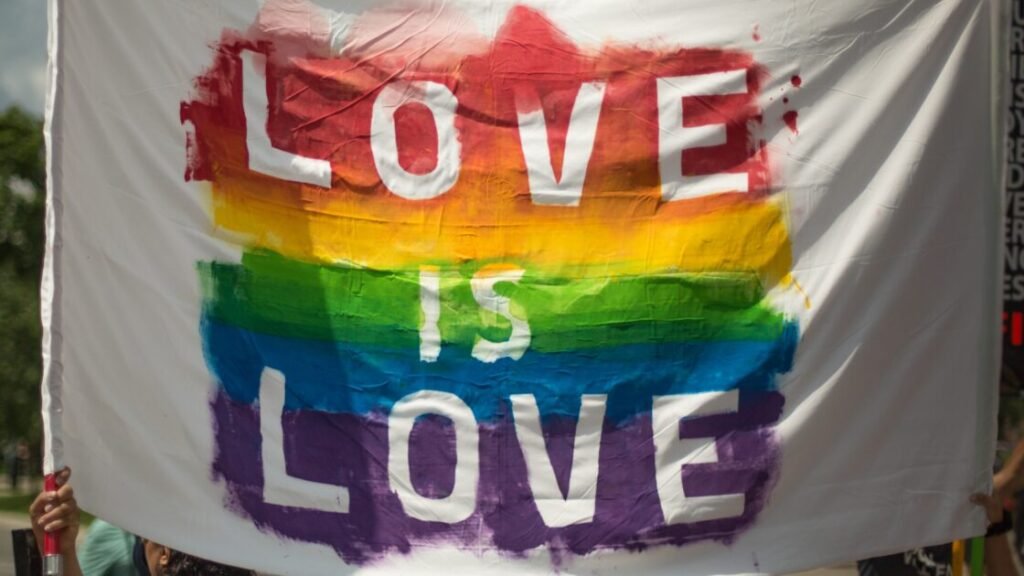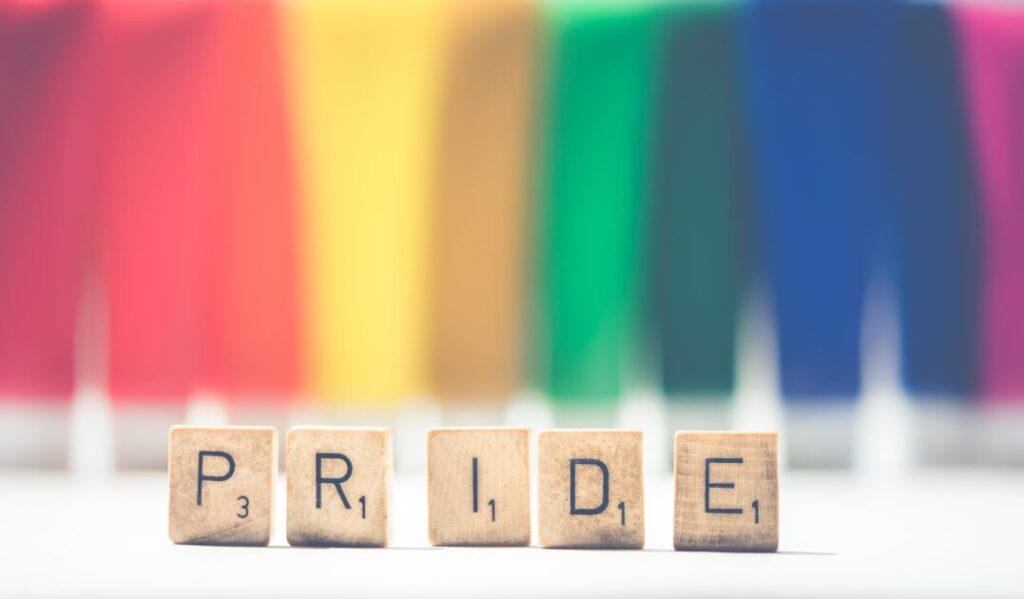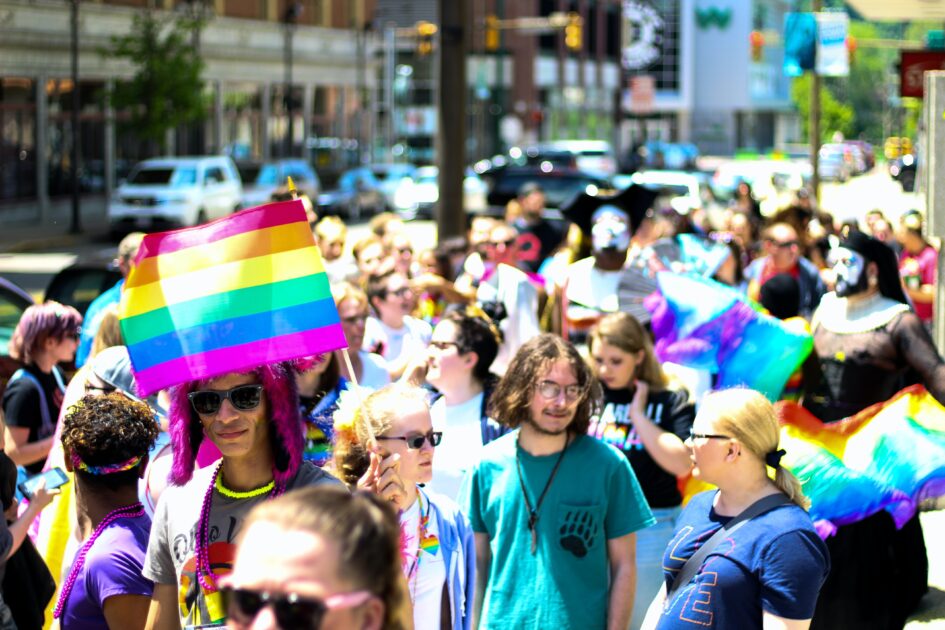Everyone has a gender essence and a sexual orientation. What you are romantically or physically attracted to is your sexual orientation. Gender identity is a sense of being male, female, both, or neither that exists independently of your biological sex. LGBTQ+ refers to people who have a different sexual orientation or gender identity than most people. It’s critical to understand that identifying as LGBTQ+ does not imply that you have a mental illness or disorder.

June is Pride Month around the world
This month-long celebration aims to honor lesbian, gay, bisexual, transgender, and queer (LGBTQ) people. This month also aims to improve mental health access for minority communities and raise awareness of issues that the LGBTQ community faces regularly.
While everyone in the community faces mental health issues, LGBTQ people face them higher than the general population due to judgemental looks.
This article looks at how mental health affects LGBTQ people, what risk factors they may face, and how working with an LGBTQ therapist can help you overcome them.
What Impact Does Mental Illness Have on the LGBTQ Community?
- 61 percent of LGBTQ+ people suffer from depression, 45 percent from PTSD, and 36 percent from anxiety.
- LGBTQ people’s mental health and safety are affected by personal, familial, and social acceptance of their sexual orientation and gender identity.
- Compared to non-LGBTQ+ identifying teens, LGBTQ+ teens are six times more likely to experience depression symptoms.
Mental Health Risk Factors for LGBTQ People

1. Acceptance
The general acceptance of LGBTQ people has been positive.
However, due to the acceptance shift, many LGTBQ youths are coming out or sharing their gender identity at a younger age, negatively impacting social and familial relationships. If not taken properly, the acceptance can hurt mental health, especially if not done in a supportive environment.
2. Rejection
Coming out from every rejection is a very stressful time in life. For many people, it can be a traumatic experience. According to a 2019 survey, 86% of LGBTQ students have been assaulted or harassed at school after coming out. It’s challenging to deal with rejection of something as personal as your identity, especially from family members.
3. Traumatic event
People can be traumatized by homophobia, transphobia, bullying, and identity-based shame. LGBTQ people are among the most frequently targeted for hate crimes, as well as other forms of discrimination that affect the LGBTQ community, such as:
- Labeling
- Stereotyping
- Denial of access or opportunities, and
- Abuse that is verbal, mental, or physical
These factors increase the development of PTSD, depression, anxiety, and other mental illnesses.
4. Abuse of substances
Addiction and substance misuse are common concerns for LGBTQ people, whether they use substances to self-medicate or cope. In reality:
- Transgender people are twice as likely to develop an addiction or misuse substances.
- Transgender people are four times more likely to develop a substance abuse problem.
- Transgender find it challenging to have an identity of their own in school life.
5. Homelessness
On average, LGBTQ teenagers and young adults have a 120 percent higher risk of homelessness, frequently resulting from family rejection or discrimination. Furthermore, many community members have difficulty finding homeless shelters that accept them. They may face higher rates of harassment or abuse from other community members.
6. Suicide
Many LGBTQ people suffer in silence, and as a result, they face unfavorable outcomes.
- The LGBTQ community is more likely to have suicidal thoughts and attempt suicide than the general population.
- LGBTQ high school pupils are four times more likely than their peers to attempt suicide.
- LGBTQ community, compared to 5% of the general population in the United States, 40% of transgender adults have attempted suicide at some moment in their lives.

Celebrating Pride Month
Pride Month is unique because it is when people come together to celebrate love and acceptance. For many, it’s a welcome respite from the daily struggles that many LGBTQ people face. At the same time, it’s a way to encourage and support those who need extra help and acceptance.
While the dangers that the LGBTQ community faces cannot be ignored. Individuals can embrace who they are while fighting to protect themselves and others facing similar challenges worldwide by raising awareness and celebrating pride.
Takeaway
Regardless of gender identity or sexual exposure, everyone deserves access to high-quality mental health care and support to achieve the best results. While it’s natural to feel hesitant or anxious, the first step toward becoming the best version of yourself is finding a mental health care professional who understands your personal experiences.

